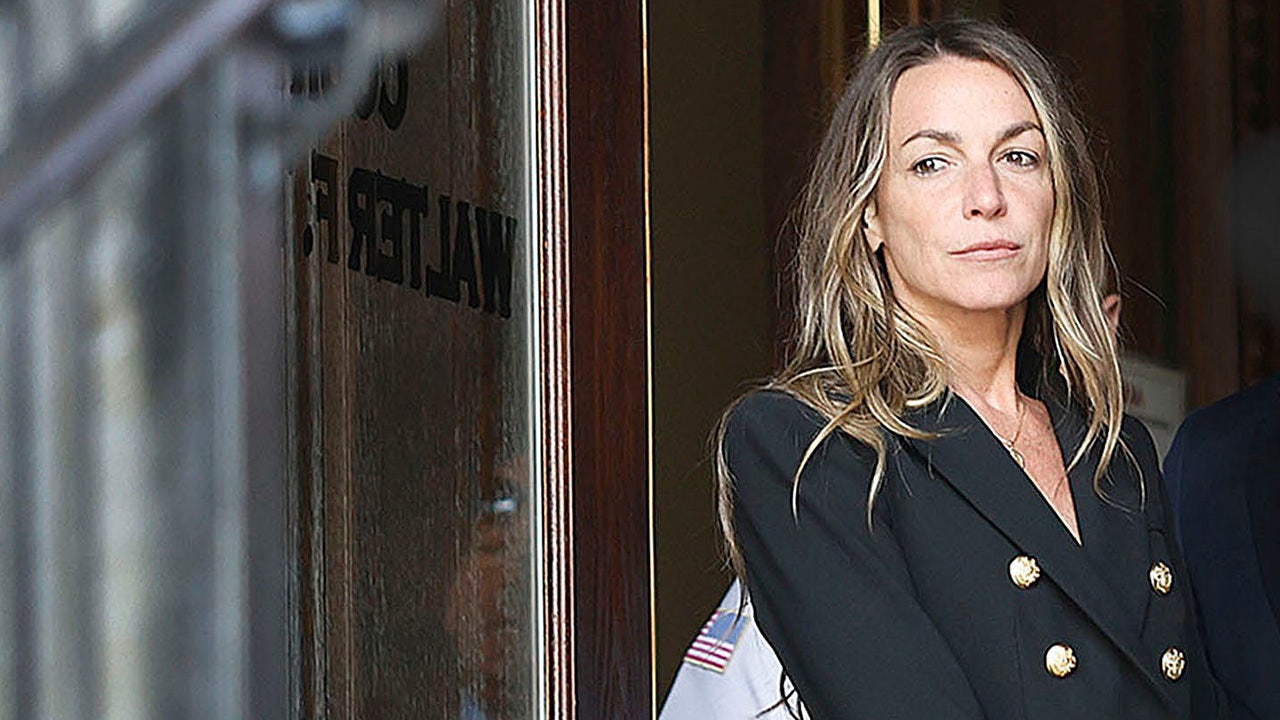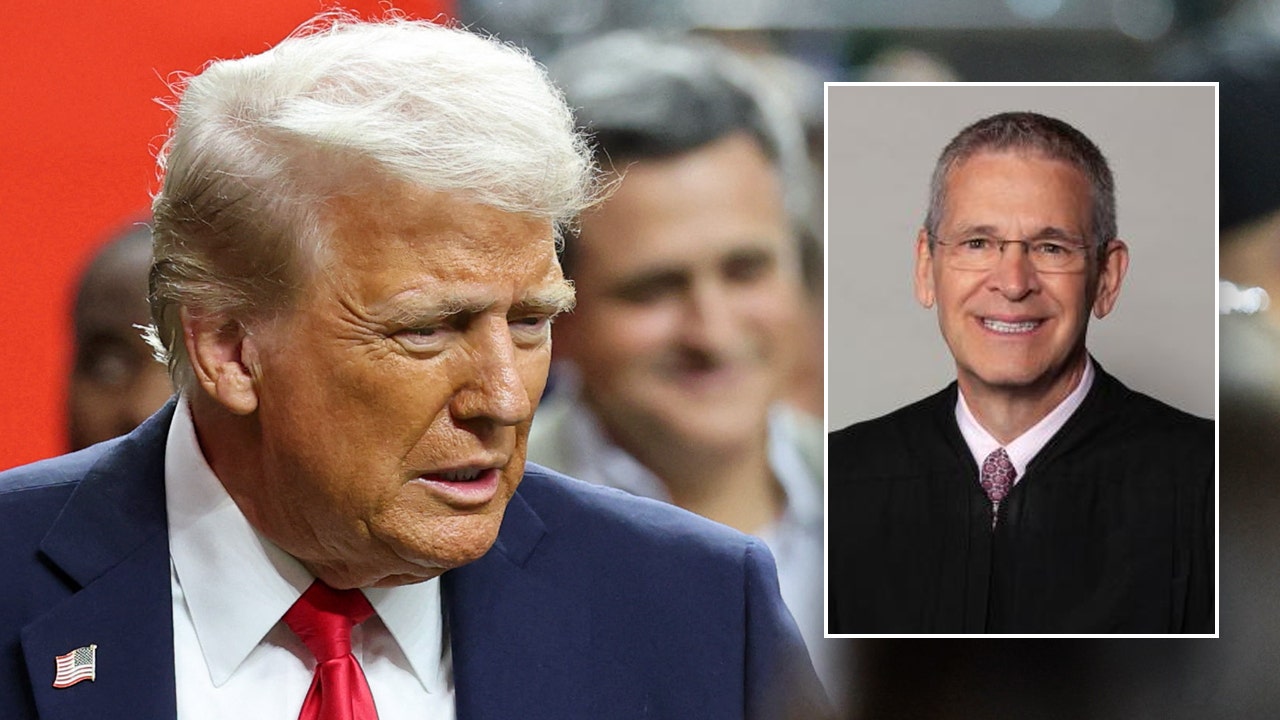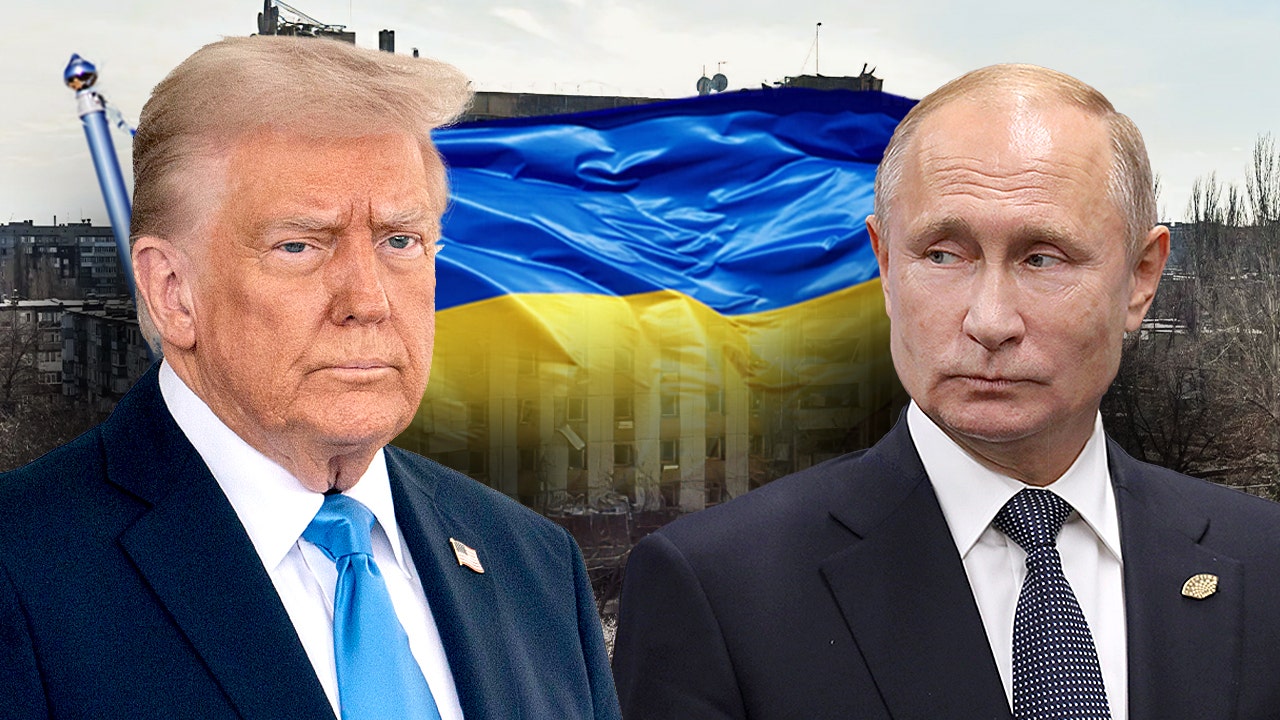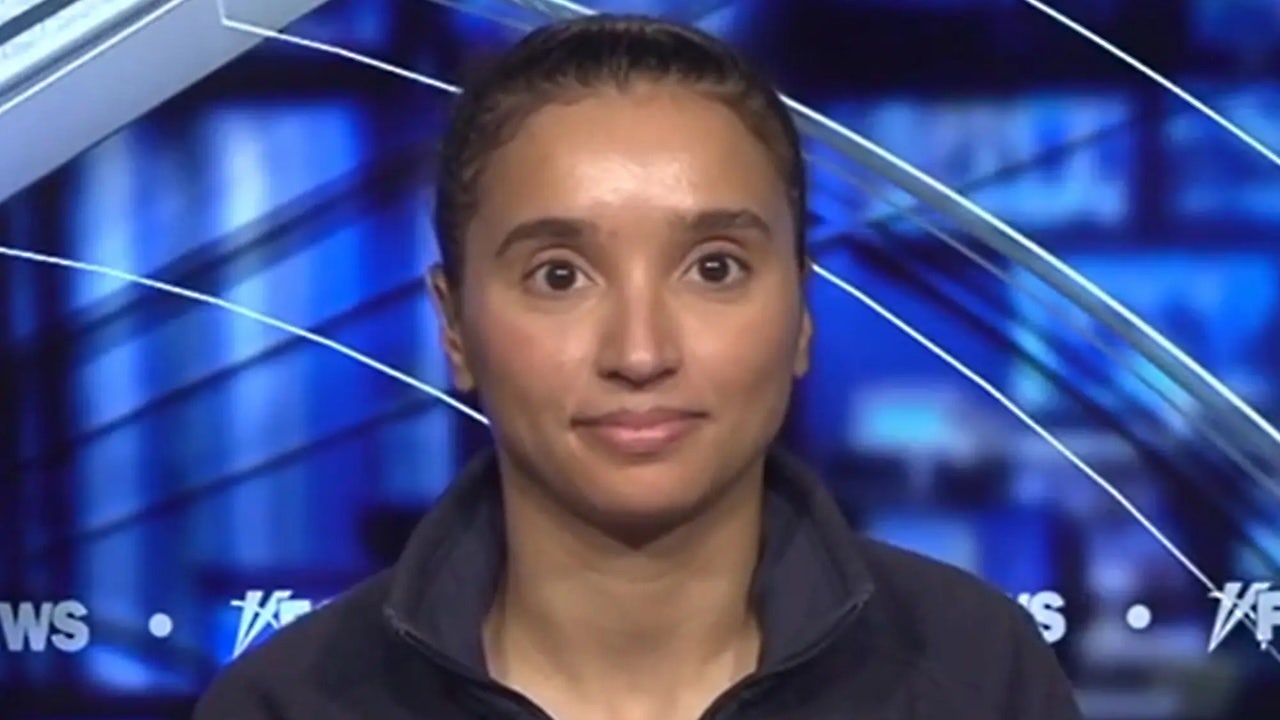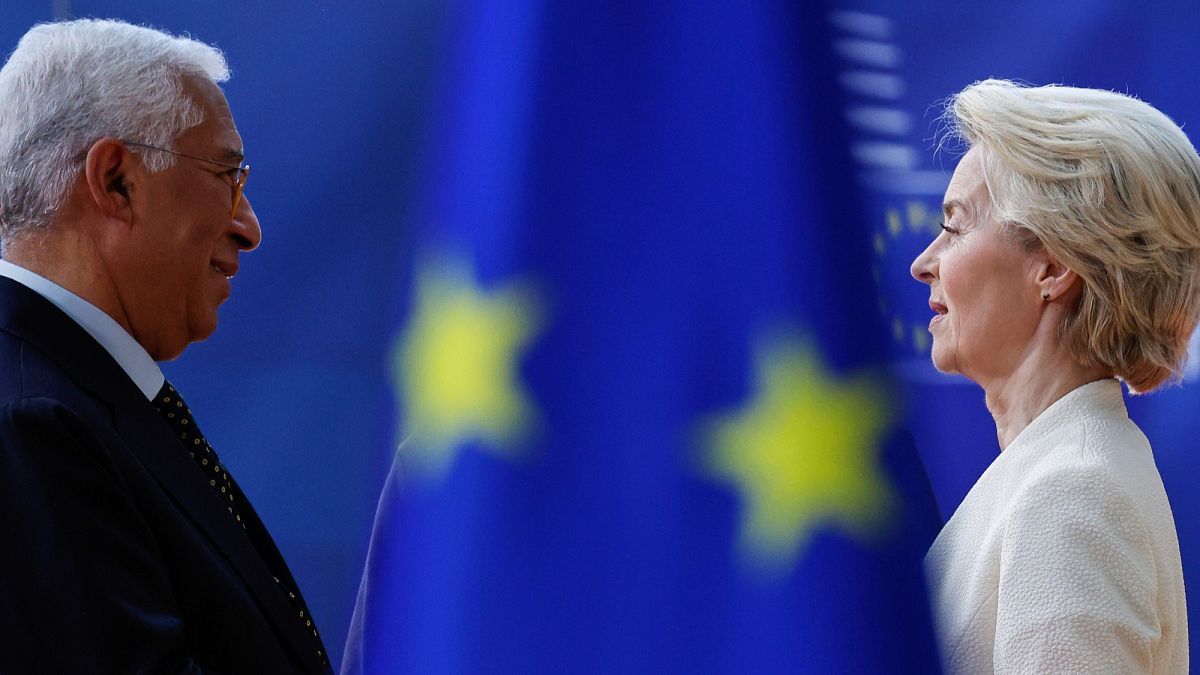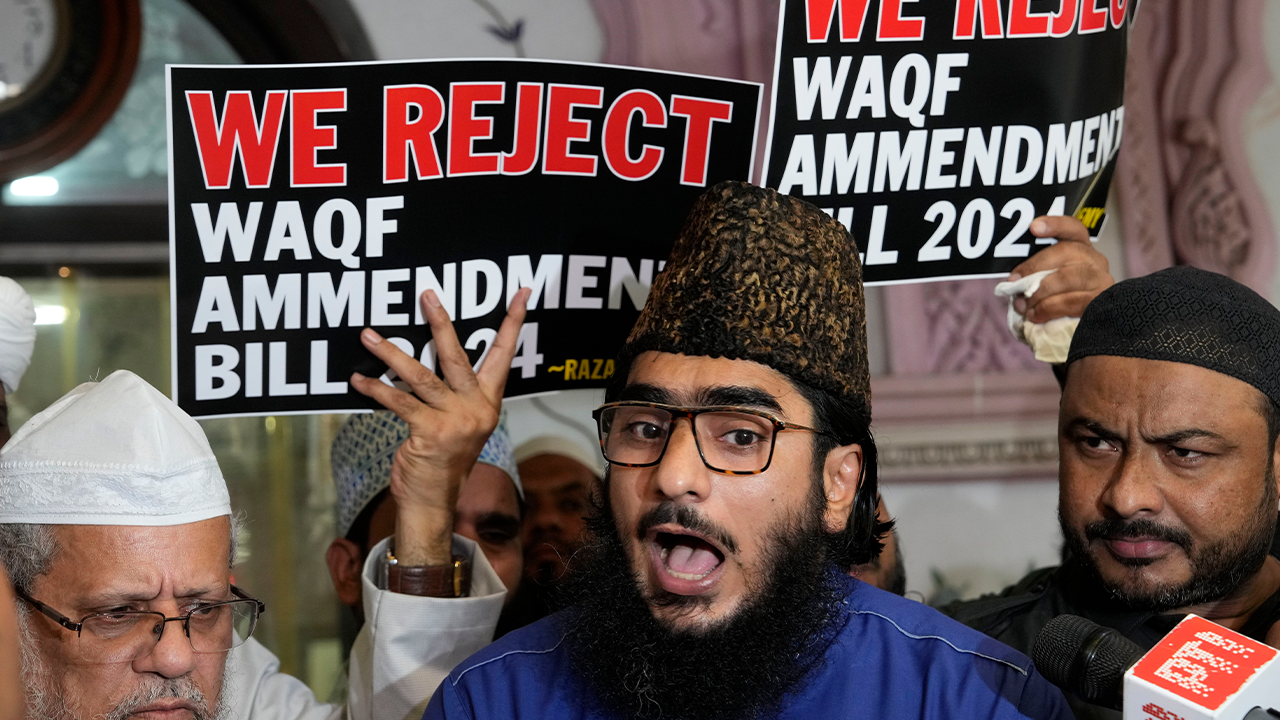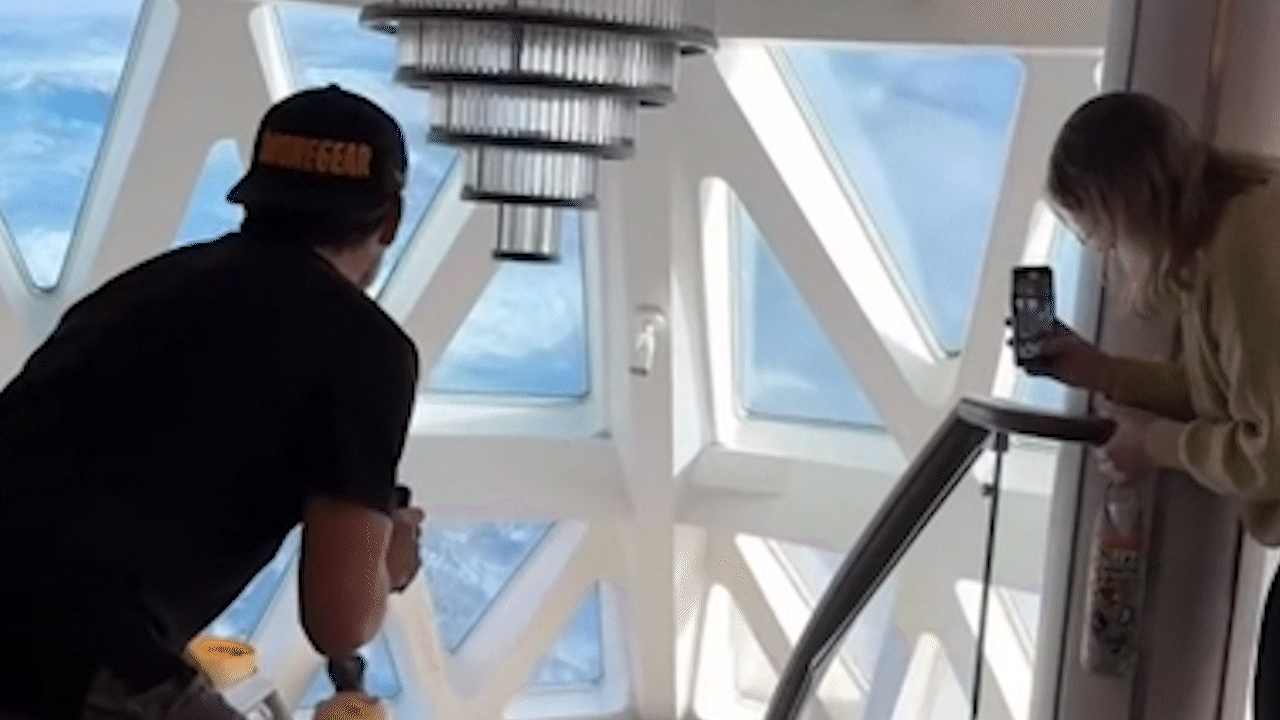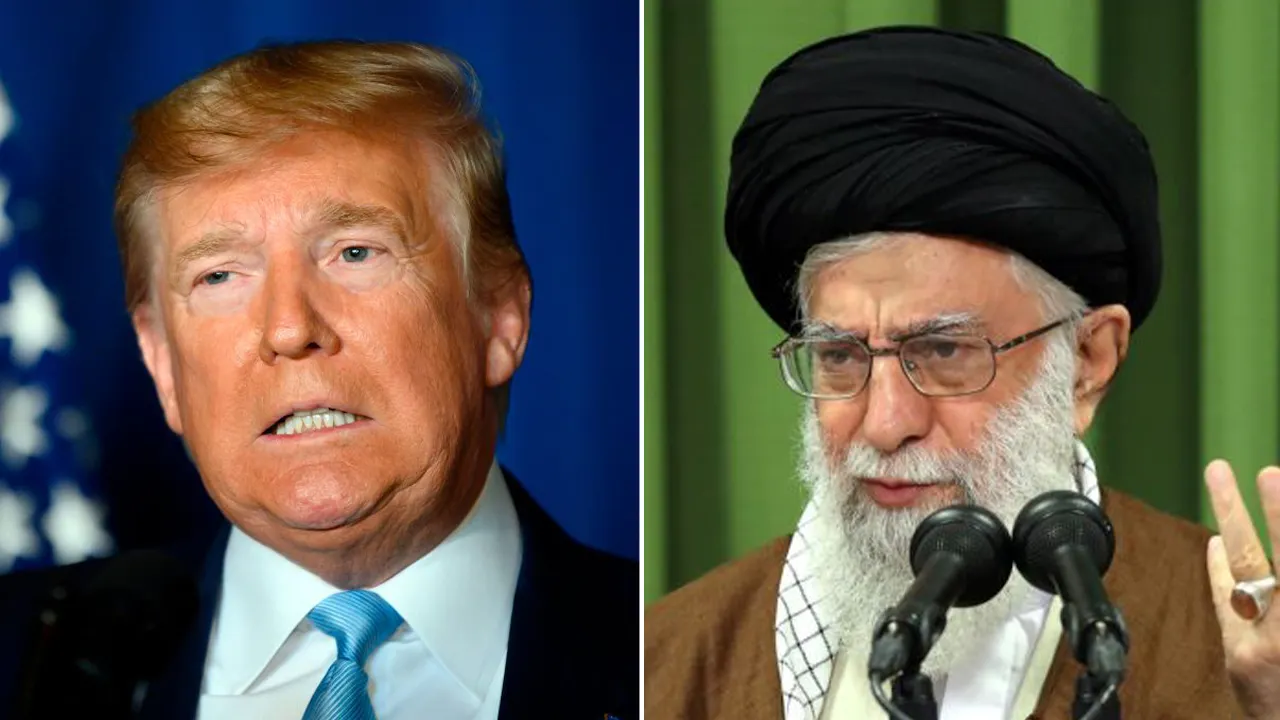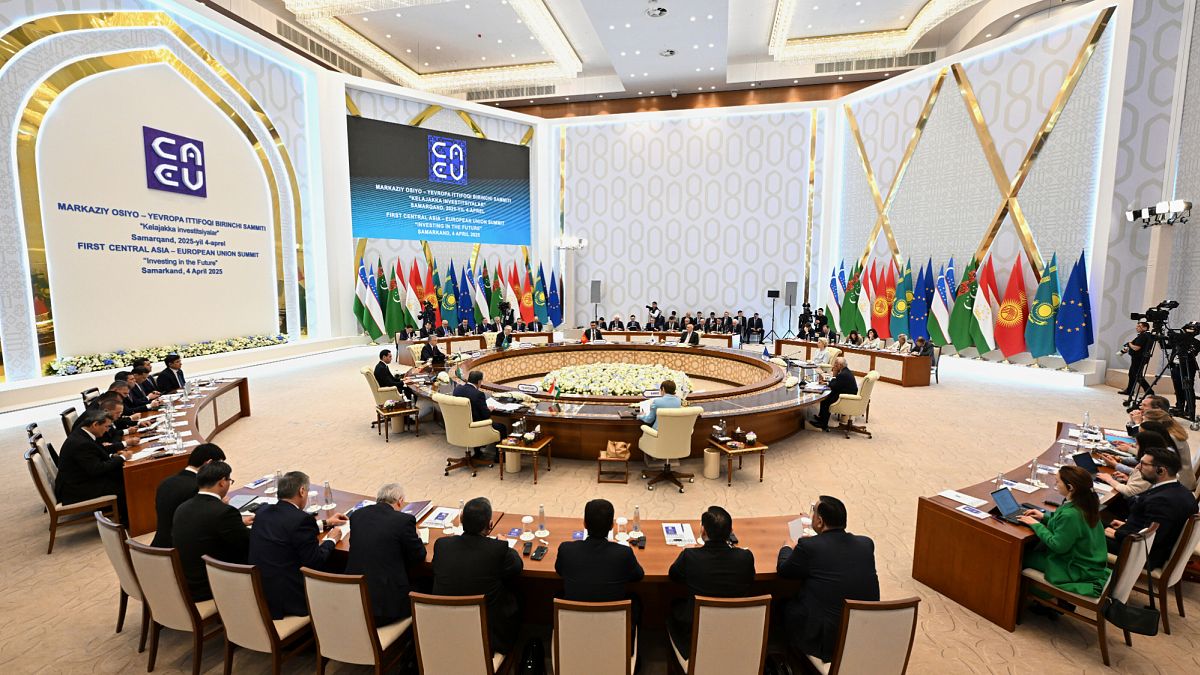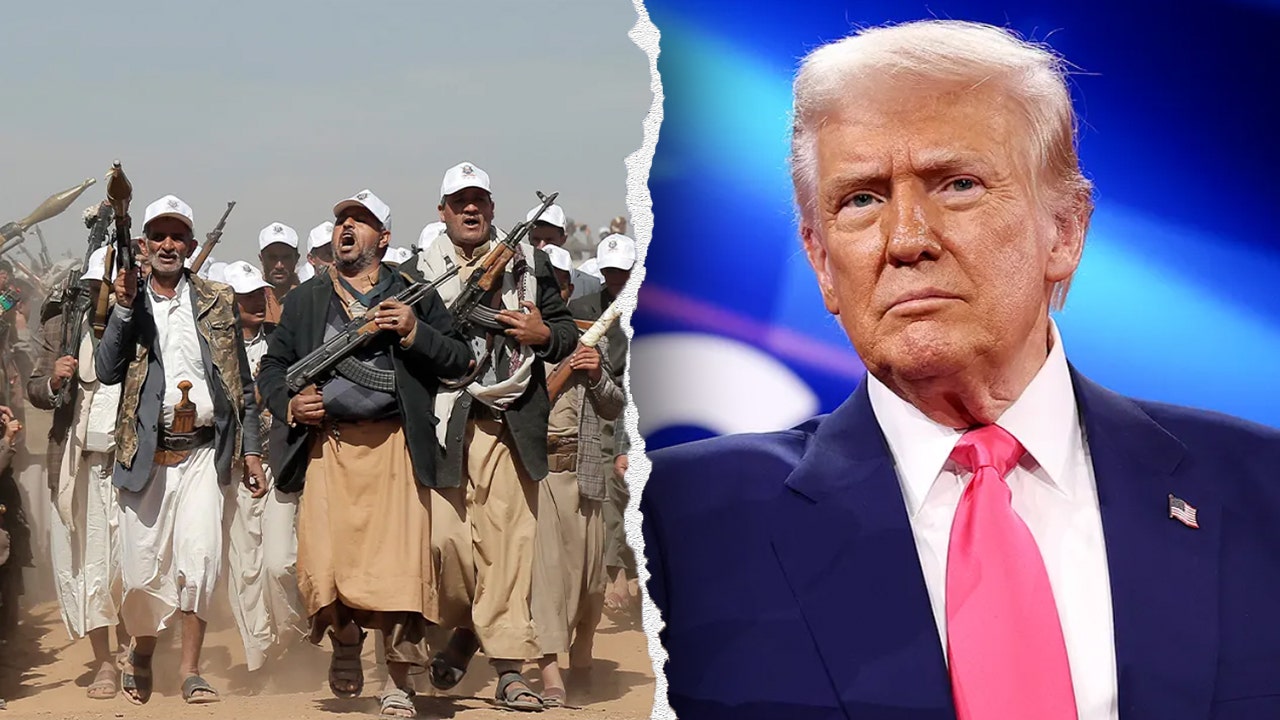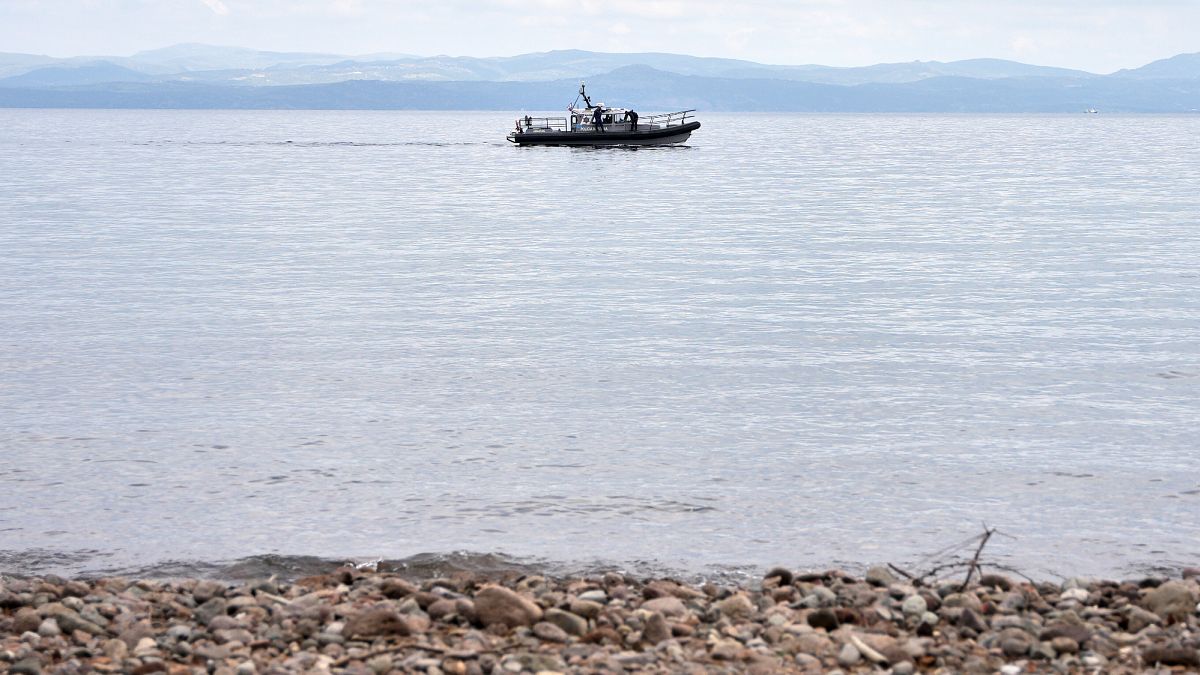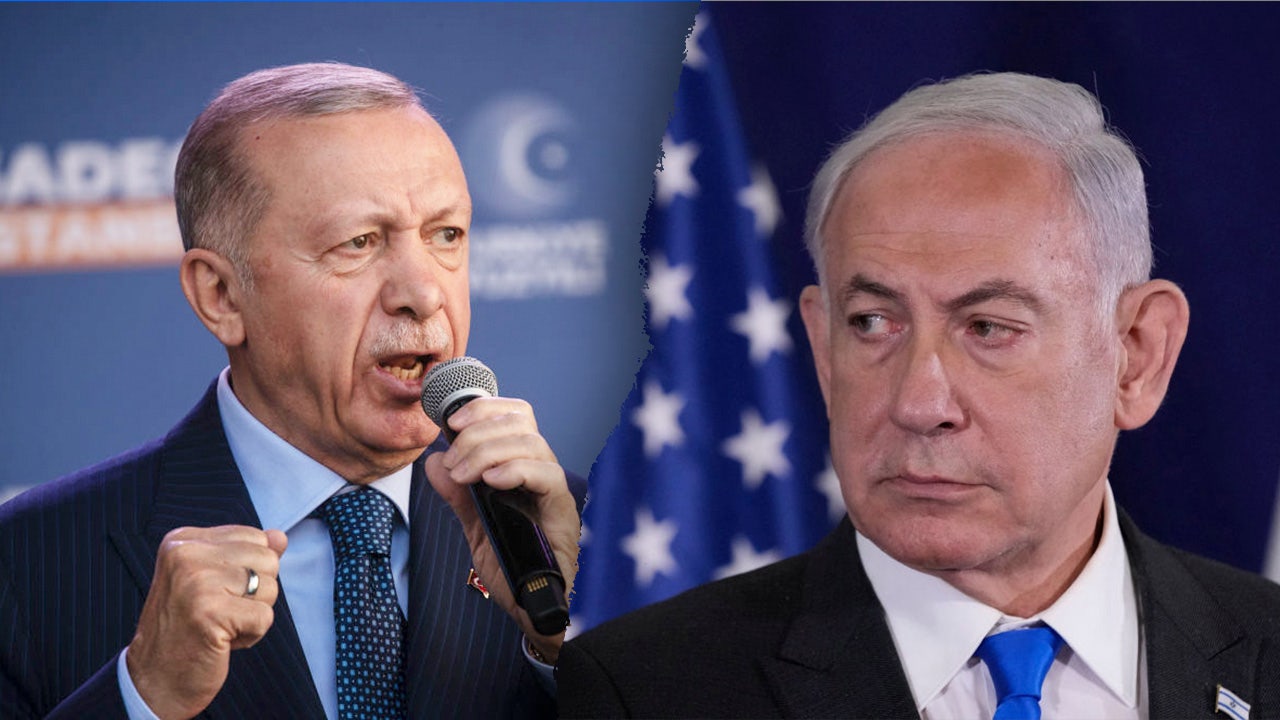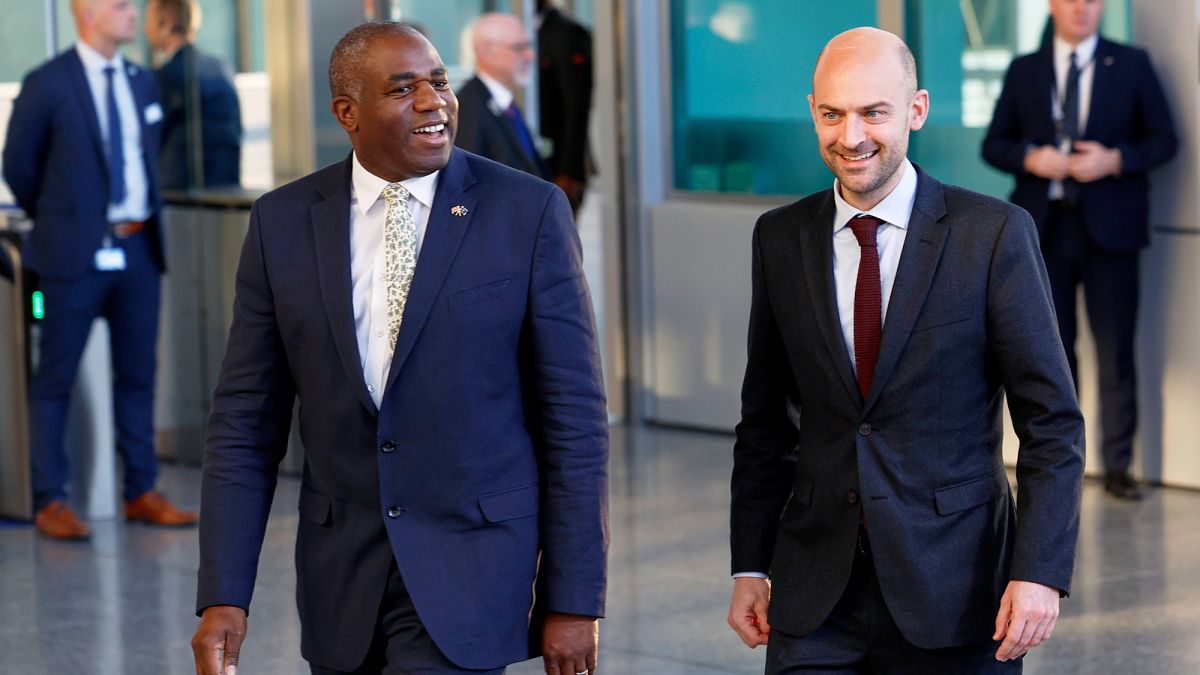Diversifying trade exchanges away from Russia and China and boosting diplomatic ties will be the main items on the agenda at the first-ever EU-Central Asia summit later this week with human rights issues and Russia sanctions circumvention likely to be relegated to the footnote.
The European Commission’s Ursula von der Leyen and Antonio Costa, president of the European Council, will travel to Samarkand, Uzbekistan, on Thursday, hoping to deepen energy and critical raw materials partnerships with the resource-rich region. The leaders of the Central Asian bloc, which also includes Kazakhstan, Kyrgyzstan, Tajikistan, and Turkmenistan, will meanwhile hope to secure investments in their industries and infrastructure.
The packed agenda also includes the protection of multilateralism, joint and regional security challenges, cooperation in clean energy, tourism, people-to-people programmes as well as Ukraine.
“President Costa has been very clear from the beginning of his mandate that he believes that in this multipolar world, the EU really needs to reconnect with its global partners,” a senior EU official speaking on condition of anonymity said ahead of the summit. “Central Asia is very much one of the elements of this approach.”
Driving the high-level meeting is the goal, shared on both sides, to diversify away from Russia and China. The two countries have, for historical and geographical reasons, been keen buyers of Central Asia’s wares, while their shadows loom large over Europe’s energy and technological security.
Russia’s full-scale, unprovoked invasion of Ukraine, coupled with Beijing’s and now Washington’s transactional approach to trade and foreign policy, appear to have silenced the remaining reluctance over engaging with each other.
Energy, critical raw materials, and industrial know-how
For the EU, “it’s not about seriously challenging China and Russia, but it’s rather (about) offering some alternatives in some sectors, competing in some sectors, especially on raw materials and on connectivity,” Dr. Stefan Meister from the German Council on Foreign Relations told Euronews.
The EU has significantly weaned itself off Russian fossil fuels since the start of the war, but imports of Russian LNG to European ports and pipeline oil to central Europe remain a sore spot, as these help finance Moscow’s war machine. This dependency has helped highlight another one: that when it comes to the green transition, the EU is heavily dependent on China, which controls the mining and processing of significant shares of many rare earths, which are crucial to the development of renewable energies.
Central Asia is developing its renewable energy production and has significant deposits of critical raw materials. The EU has already signed two Memorandum of Understandings with Kazakstan and Uzbekistan respectively on the topic and now hopes to strike a wider declaration of intent on critical raw materials.
For the EU, this is a win-win as the bloc would secure the rare earths it needs to power its energy transition and boost its strategic autonomy, while the region would get the investments it needs to develop the local industry.
“The European Union is not only promoting the extraction and the exports of raw materials, but in our mind, we want to promote industry locally in the region, thus also helping the development of clean technology. We want to invest together with the Central Asian countries in the full value chain,” another senior EU official, also speaking on condition of anonymity said.
Central Asian countries, meanwhile, also want more industrial partnerships to develop their manufacturing bases and know-how that would allow them to expand their exports and therefore, customer base.
“They have been developing industries with the view of trying to get into European markets with chemicals, with textiles, with maybe building materials, sort of non-energy,” Dr. Anna Matveeva, a visiting senior research fellow at King’s College London, told Euronews.
But for that, they need to be able to actually send their goods to the EU.
“Tajikistan produces a lot of aluminium, it’s one of the major aluminium producers in the world. But it is almost impossible to export aluminium to the European Union because of the logistics (…) so they have to sell it to China and Russia, which is much easier for them,” Dr. Matveeva said.
Boosting transport links
Key to that is the Trans-Caspian Transport Corridor, which should be among one of the topics that the leaders will focus on. The EU announced last year that it would commit €10 billion to the so-called Middle Corridor, through its Global Gateway Initiative, a sum seen as paltry by some given how long the route is and how challenging the mountainous terrain is.
“The Global Gateway Initiative is very slow in producing effects in real life, and that’s a source of frustration for a number of partner countries, including Central Asian countries,” Marie Dumoulin, the director for the Wider Europe programme at the European Council on Foreign Relations (ECFR) told Euronews, especially since Russia launched its attack against Ukraine, prompting the EU to impose wide-ranging sanctions against the country.
The European Bank for Reconstruction and Development (EBRD) estimated in 2023 that €18.5 billion in investment is needed to complete the infrastructure projects needed for the route in Central Asian countries alone.
One outcome of the summit could be the announcement of a new Investors Forum dedicated to the Trans-Caspian Transport Corridor to be held this year, one of the senior EU officials confirmed, adding that “additional financing is key in order to make sure we deliver on this point”.
But hard infrastructure is only the tip of the iceberg, Aruzhan Meirkhanova, a senior researcher for Kazakhstan’s National Analytical Centre, told Euronews.
“Soft connectivity challenges—such as limited regulatory harmonisation, border inefficiencies, and the need for greater digitalisation of transport documents—continue to hinder transit efficiency.”
“Political will, trust, and stronger stakeholder coordination will be key to tackling soft connectivity challenges,” she added.
Human rights and sanctions’ circumvention
The summit should see both therefore sides walk a fine line.
For Central Asia, it’s about inching closer to the West without ruffling feathers in Moscow or Beijing.
“Central Asian countries try to pursue a so-called multi-vector foreign policy, meaning that they are prepared to cooperate with different players without alienating any of them. They would like to benefit from all sides,” Dr. Matveeva said.
“That said, they do not want to go too far, especially with the West, with the EU, because they do want to become too pro-West, for different reasons,” she added.
For Brussels, meanwhile, it’s about striking deals with certain regimes accused of being authoritarian in Russia’s vicinity while calling for political and economic pressure on Moscow.
Senior EU officials insisted the issue of Russian sanction circumvention would be raised at the summit, given some of the countries in the region have benefited by selling European-made items to Russia that are banned from entering the country.
German exports of cars and auto parts to Kyrgyzstan, for instance, increased by 5,500% in 2023, while they were up by 720% to Kazakhstan, according to a report by Robin Brooks, chief economist at the Institute of International Finance.
“We have seen a willingness to cooperate,” one senior EU official said. “We would like, of course, to see more, and this is a time when the European Union sanctions are extremely important as we want to maintain the pressure on Russia. So we see this as an ongoing process.”
Maintaining its credibility on human rights issues might be just as difficult for the EU. In its annual review of human rights around the world, Human Rights Watch said the EU needed to “call out” Central Asian governments for clamping down on dissent and tightening controls over freedom of expression in 2024 by notably imprisoning government critics, activists and journalists.
“These are relationships that are now developing and obviously, you know, as they develop and as they grow, they can have more impact,” a senior EU official said.
“We’re not going there to preach. We are going to make our concerns known, to work with them, to have a dialogue. The more we have a dialogue and engagement and interaction, the more we believe that we can change and improve all the things that concern us,” they added.
But for Dr. Meister, “the EU doesn’t have much leverage on these countries and it’s also not building up real leverage” on the topic.
The Commission, he added, would likely “give more money for civil society” but is now adopting a more “pragmatic approach”.
“This is a specific trend under von der Leyen, who is much more pragmatic on human rights issues, in my opinion, and is much more interest-oriented.”
Read the full article here



